Maggie Gyllenhaal on the Complicated Nuances of Being Asked About #MeToo on the Red Carpet
She shouldn't have to answer for her co-stars.
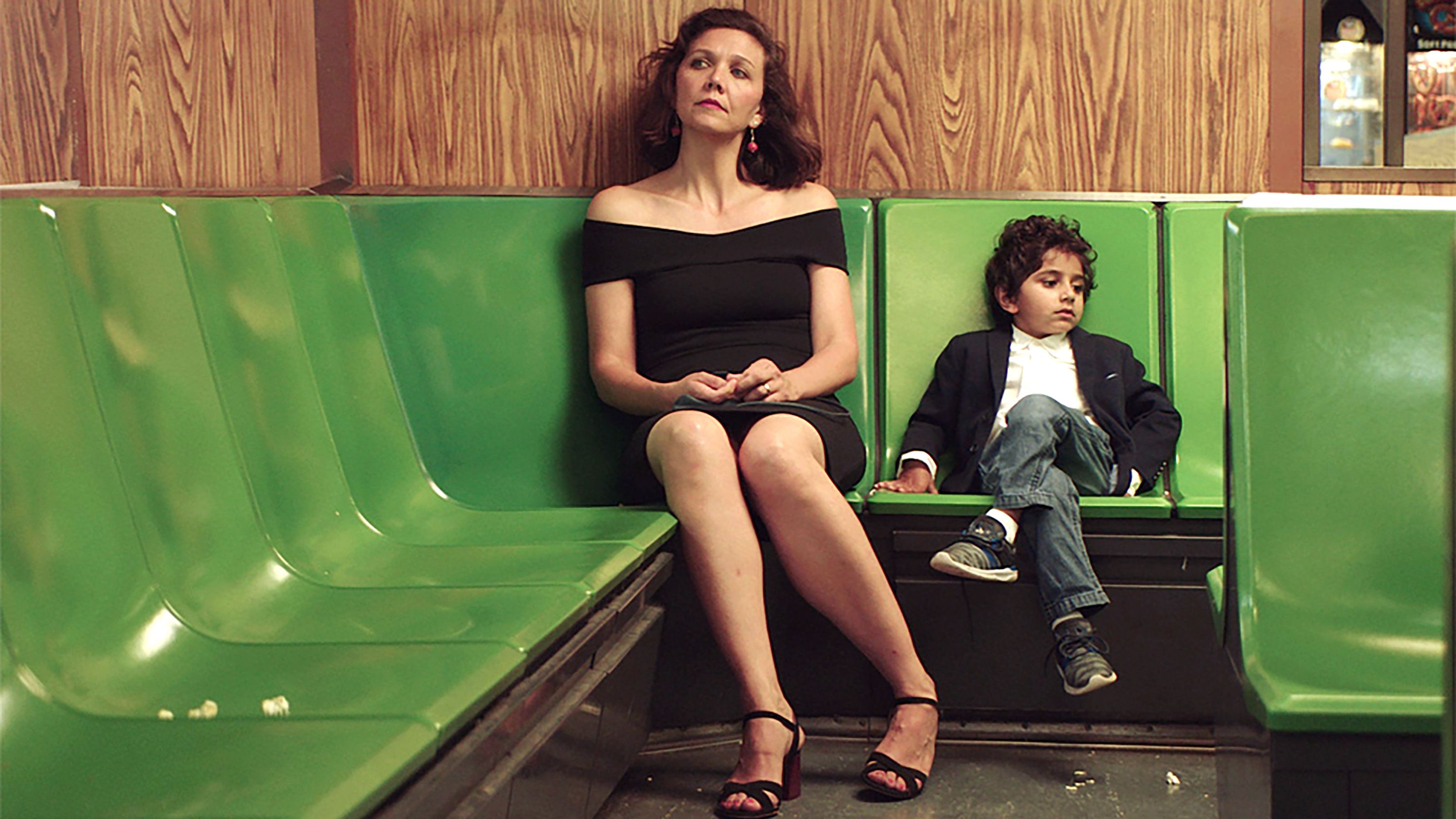
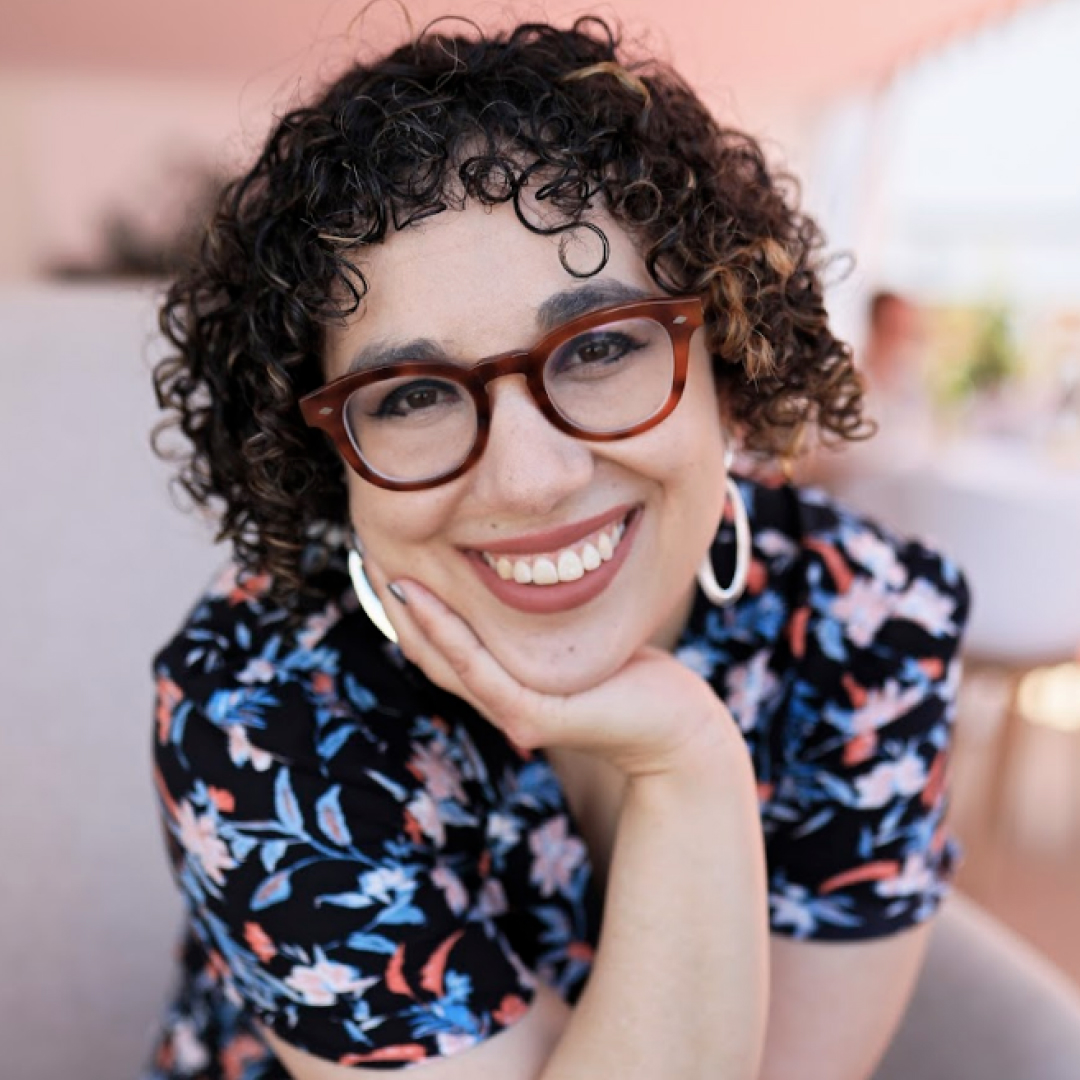
In her own estimation, Maggie Gyllenhaal tends to play women undergoing an awakening. And that's especially true of her character in The Kindergarten Teacher, which premiered last week at Sundance Film Festival. Gyllenhaal's Lisa is a frustrated educator with artistic aspirations, who becomes inspired and obsessed when one of her students reveals himself to be a prodigious poet. She's knocked out of the monotony of her life, certainly, but her desire to foster his talent leads to a spate of irrational decisions.
I hope that this energy, and this anger, and this pain, and this hopefulness can turn into something that is codified.
While at an intimate party for the Autograph Collection Hotels and The Black List's Indie Film Project (for which Gyllenhaal is an advisor), MarieClaire.com sat down with the actress to speak about her latest role and Hollywood's #MeToo reckoning. On the latter, Gyllenhaal was reluctant to discuss the complicated issues at hand in a short time frame. (To that end: She wouldn't comment on the sexual misconduct allegations against her The Deuce co-star, James Franco.) Still, she offered some insight on what it's like to be a prominent women during this moment.
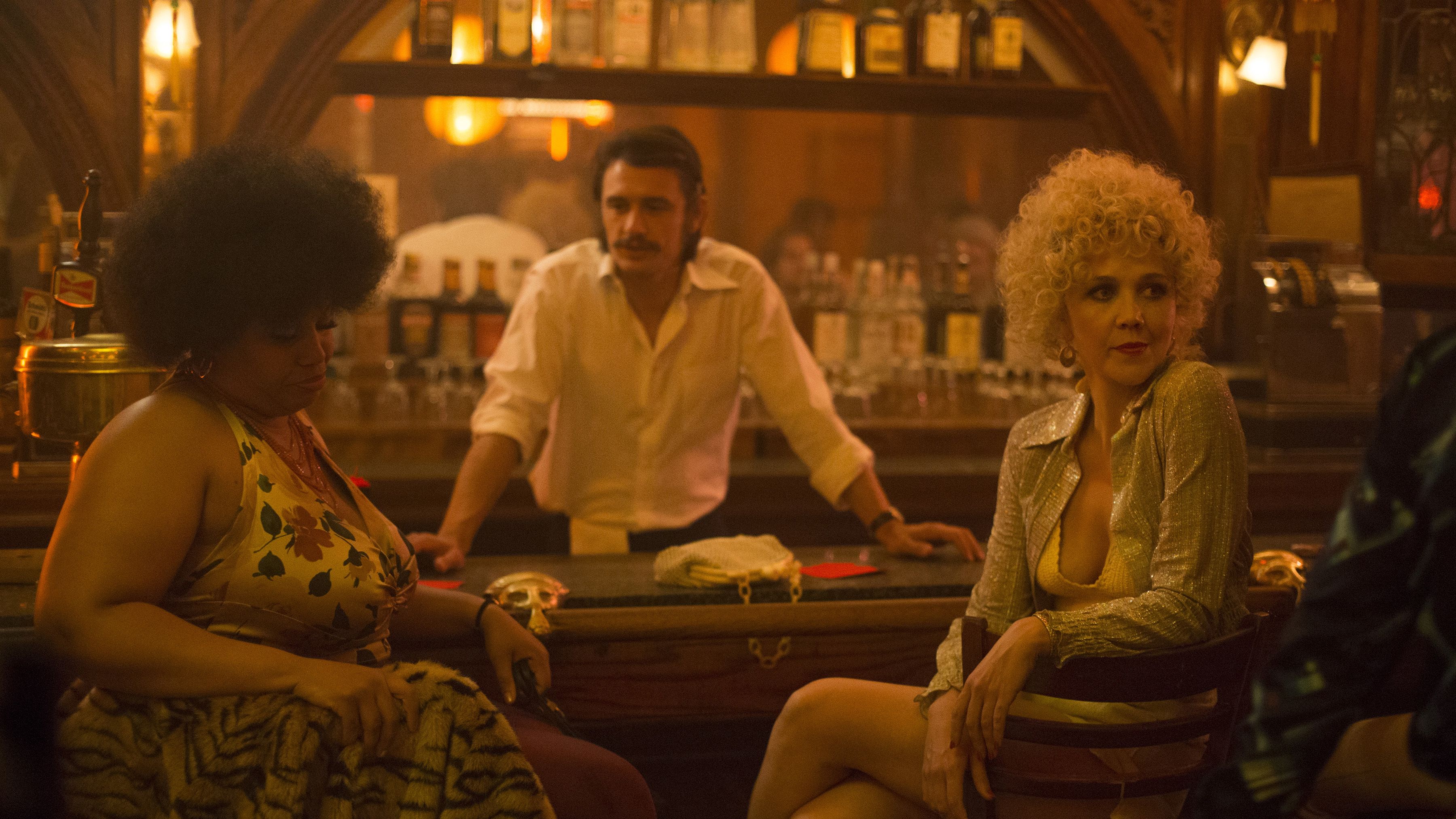
Maggie Gyllenhaal and James Franco in The Deuce.
"It’s about a woman who is fundamentally awake and wants to be alive—she’s an artist and nobody cares about her work. She doesn’t have any kind of artistic connection or human connection, and she’s driven crazy by the insanity of the culture and the time she finds herself in. (She lives in the same time that we do.)
At the Golden Globes I found it difficult to discuss this because my feelings about it are very, very complicated.
When I read—and was so moved by—the script, Trump had not yet been elected. I think Trump’s election was, for a lot of women, and a lot of people, kind of a wake up call. And yet the things that that we needed to wake up to were true even before Trump was elected. So I read the script, I responded to it, and when we made the movie last summer, the pain and shock of everything Trump was talking about—in particular in terms of women—was a part of my process. I’ve played a lot of women who you meet right as they can’t go on any longer in the way they were—they have to wake up, and the audience watches the different ways that they do so. That’s really interesting to me and true here for Lisa, except the ways she chooses are really off track."
"I think if there was more gender equality at the highest levels, things would be very different. I've been thinking a lot about this, and I feel like a five-minute interview or a red carpet is not really the place to talk about this incredibly complicated issue that’s very important to me. And I’ve had some really interesting conversations with friends of mine, with colleagues of mine. But honestly my visceral emotional politics about gender equality and where we are in the world right now are in my movie."
"I was a part of organizing it. One of the things I thought was amazing about it was that all of these actresses—some of whom are much younger, some of whom are much older, many of whom are my contemporaries, who most of the time are in competition with each other—joined together, all of us in one room, many people saying very smart, interesting things. We raised money for a legal defense fund to pay for women in all sorts of industries who need legal protection. So, that’s amazing, right? And I have said, and I have tweeted, 'I am a feminist for due process.' I hope that this energy, and this anger, and this pain, and this hopefulness can turn into something that is codified.
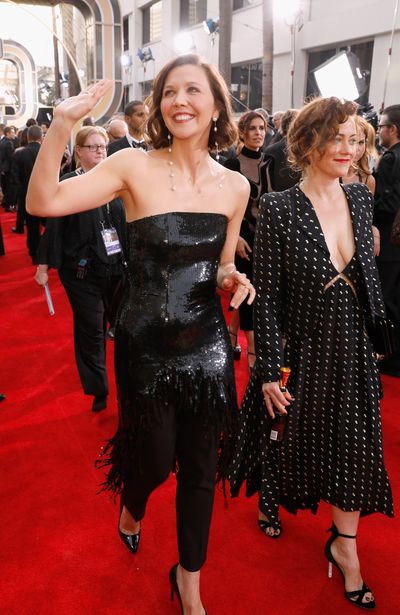
Maggie Gyllenhaal at the 2018 Golden Globes.
But at the Golden Globes I found it difficult to discuss this because my feelings about it are very, very complicated, and the conversations that have been most exciting to me are ones that have gone on for 45 minutes. I found it difficult on a red carpet to respond to questions about how I was feeling in a way that felt honest to me. But like I said, it’s in my movie. It’s also in The Deuce. The Deuce is about misogyny, and it's about how we use sex as currency."
Stay In The Know
Get exclusive access to fashion and beauty trends, hot-off-the-press celebrity news, and more.
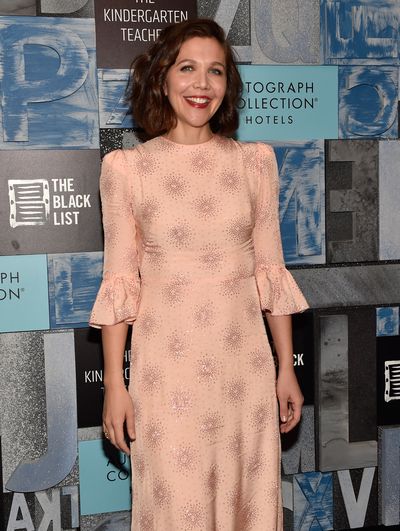
Maggie Gyllenhaal at the 2018 Sundance Film Festival
"To be honest, I don’t have a lot of control over what happens on the big budget studio level. I wish I had more, but I think all of us actresses together do have some power in terms of little movies like this one. What's so interesting about this movie is it’s almost entirely made by women—but that wasn’t an exercise or something. It was that Sara Colangelo wrote a script which was incredibly compelling to women. And so we just kind of were drawn to it like a magnet.
I don’t think you can say: 'I’m going to only make movies written and directed by women,' because some movies won’t be good, then. It’s only going to work if the movies are really good. You have to go with your gut and your taste, and choose projects that are compelling. I think we've gotten used to, as women, seeing that in any given film or television project, only 30 percent of it is relatable to us, or is a genuine expression of our experience. And we’re like, 'Cool, 30 percent is great,' and we fit ourselves into that 30 percent. When I'm presented with something that one-hundred percent feels like it's asking to be expressed in a feminine way, in a way that feels real to me, it's so compelling."
RELATED STORIES
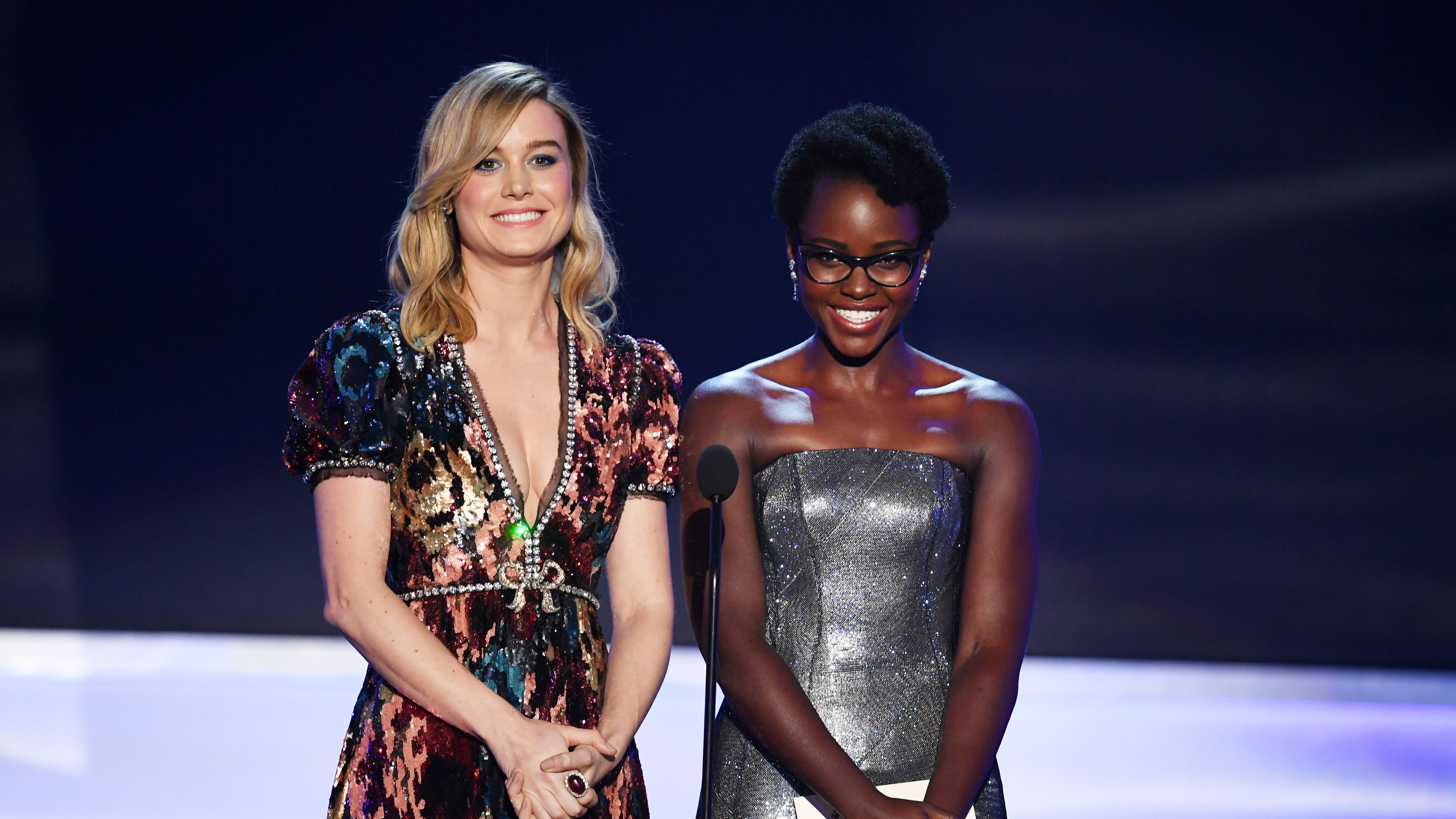
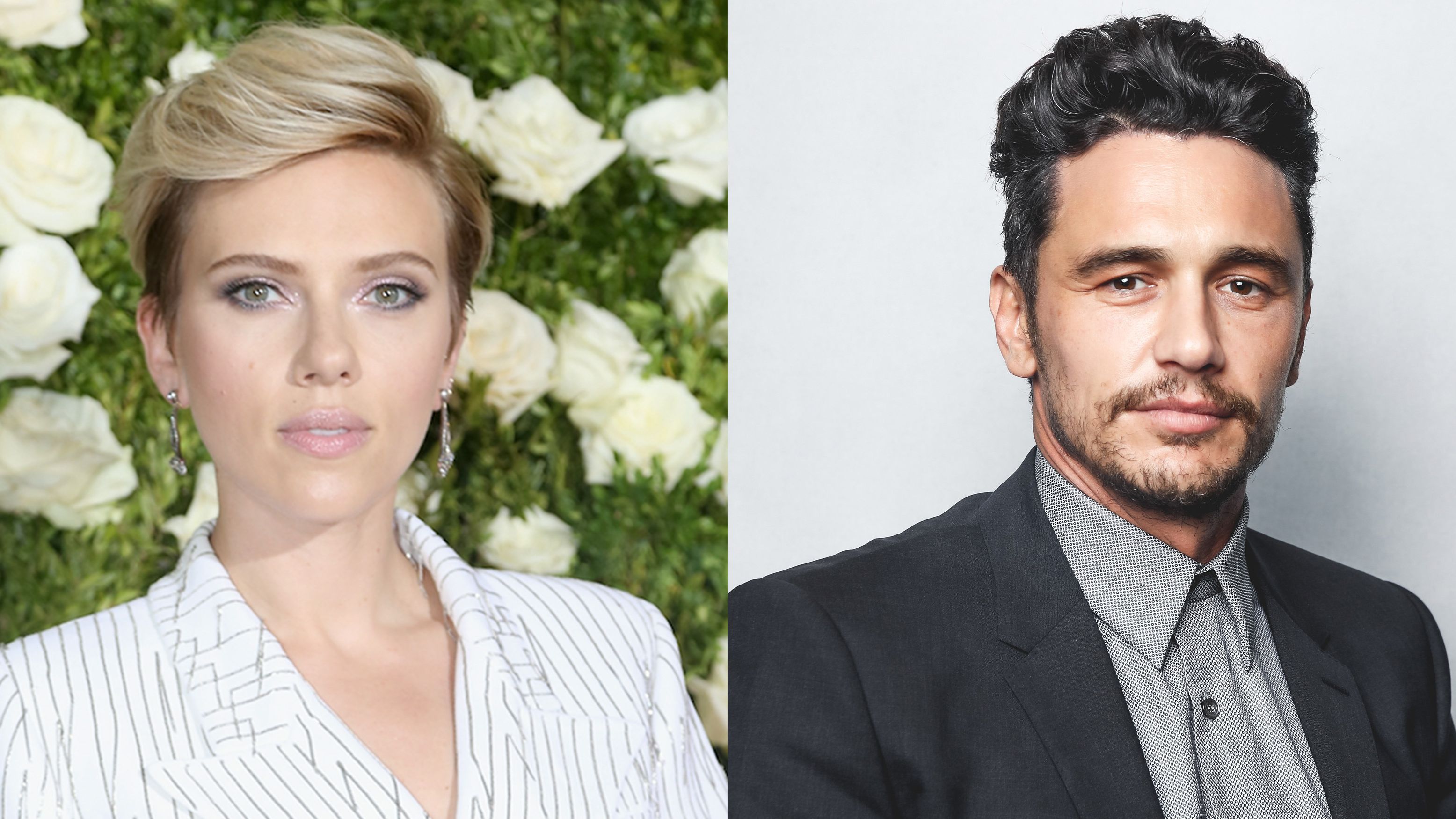
Esther Zuckerman is a freelance entertainment journalist and critic. Her work appears in the New York Times, GQ, Bloomberg, the Wall Street Journal, the Los Angeles Times, Indiewire, and Time among others. She is the author of three previous books: A Field Guide to Internet Boyfriends: Meme-Worthy Crushes from A to Z (2021), Beyond the Best Dressed: Cultural History of the Most Glamorous, Radical, and Scandalous Oscar Fashion Hardcover (2022), and Falling in Love at the Movies: Rom-Coms from the Screwball Era to Today (2024).
-
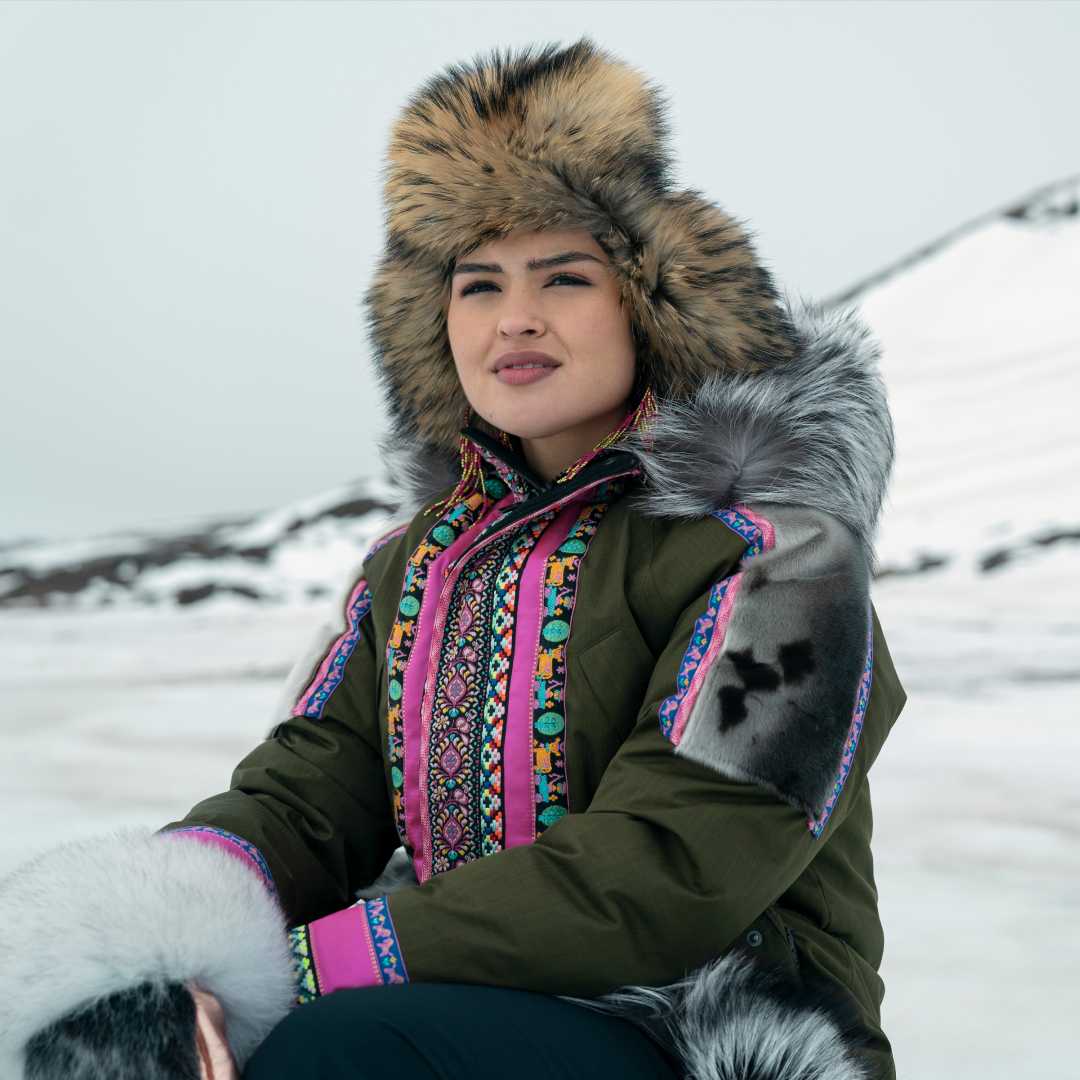 Netflix's 'North of North' Transports Viewers to the Arctic Circle—Meet the Cast of Inuit Indigenous Actors
Netflix's 'North of North' Transports Viewers to the Arctic Circle—Meet the Cast of Inuit Indigenous ActorsThe new comedy follows a modern Inuk woman determined to transform her life.
By Quinci LeGardye
-
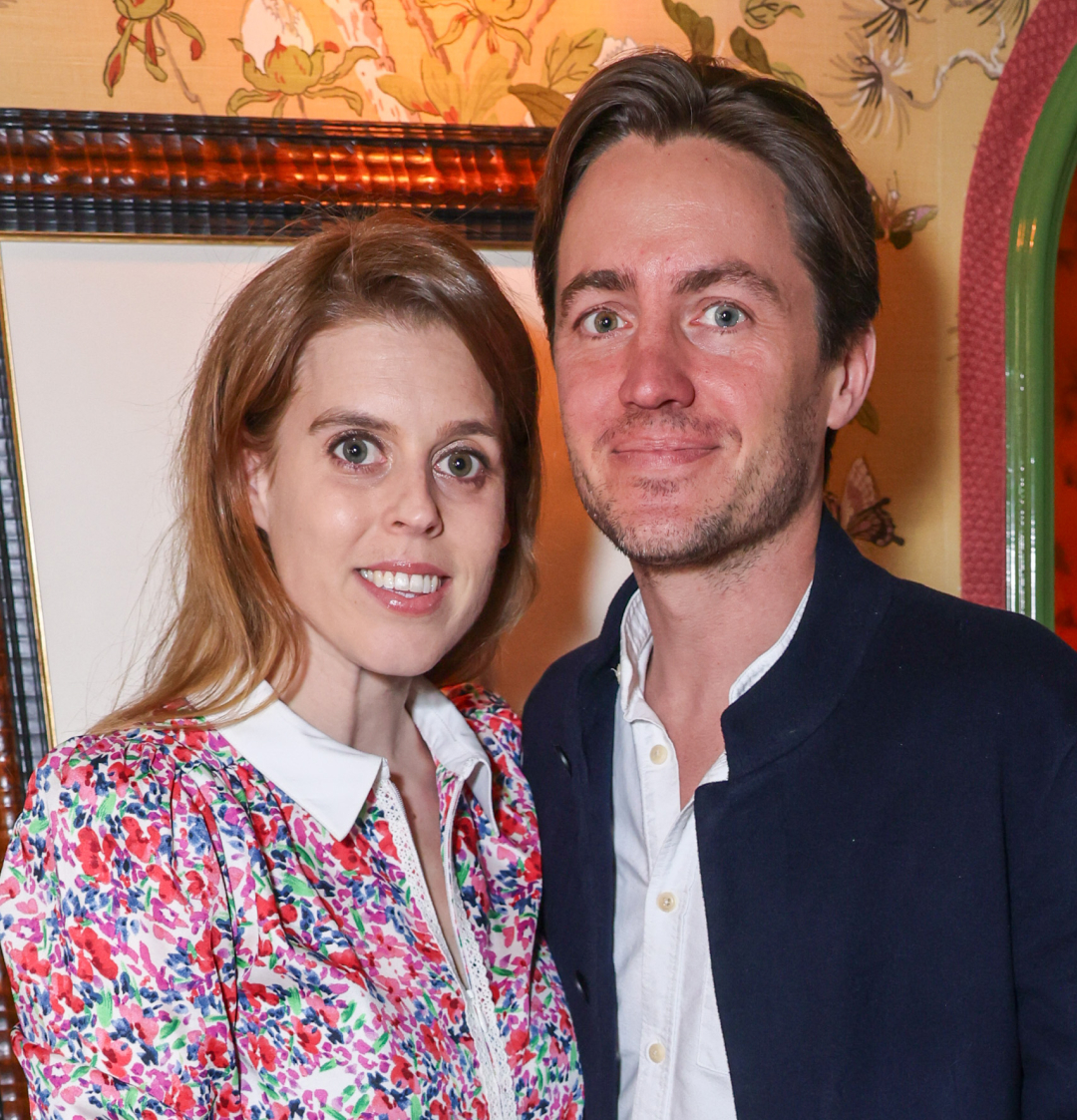 Princess Beatrice's Husband Pays a Rare Tribute to These Royal Family Members on Instagram
Princess Beatrice's Husband Pays a Rare Tribute to These Royal Family Members on InstagramEdoardo Mapelli Mozzi shared some behind-the-scenes snaps from the F1 Grand Prix in Bahrain.
By Kristin Contino
-
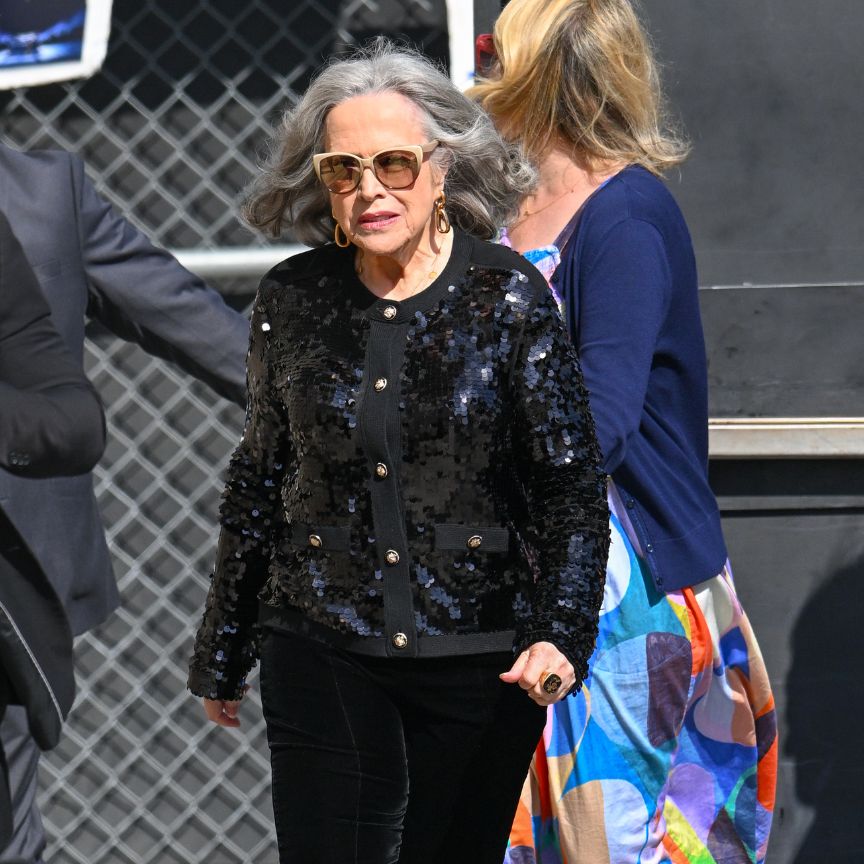 Allow Kathy Bates to Convince You to Grow Out Your Grays
Allow Kathy Bates to Convince You to Grow Out Your GraysOne look at her new style and you'll be canceling your root touch-up pronto.
By Ariel Baker
-
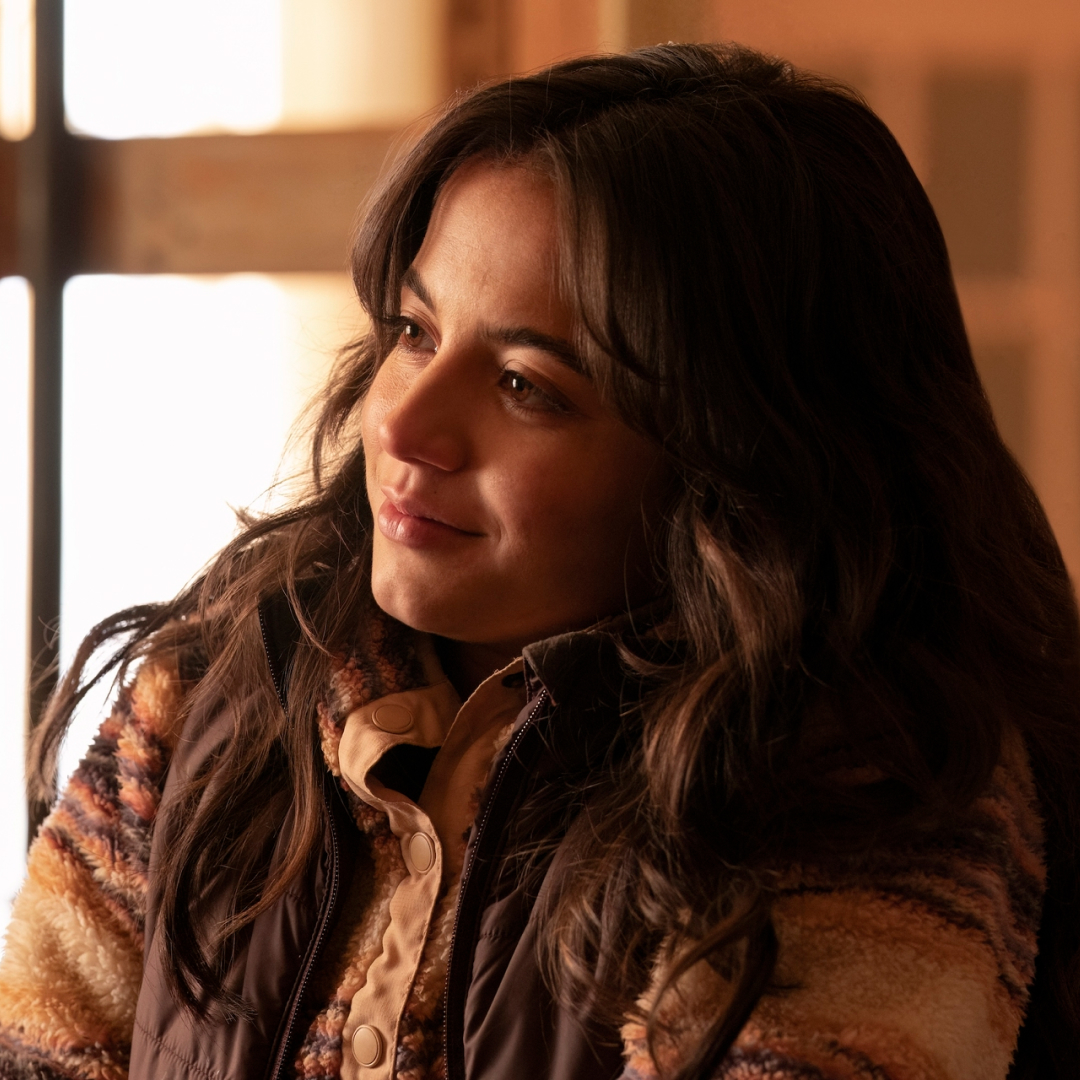 Meet Isabela Merced, the Rising Star Who Plays Dina in 'The Last of Us'
Meet Isabela Merced, the Rising Star Who Plays Dina in 'The Last of Us'We're already obsessed with this up-and-comer.
By Quinci LeGardye
-
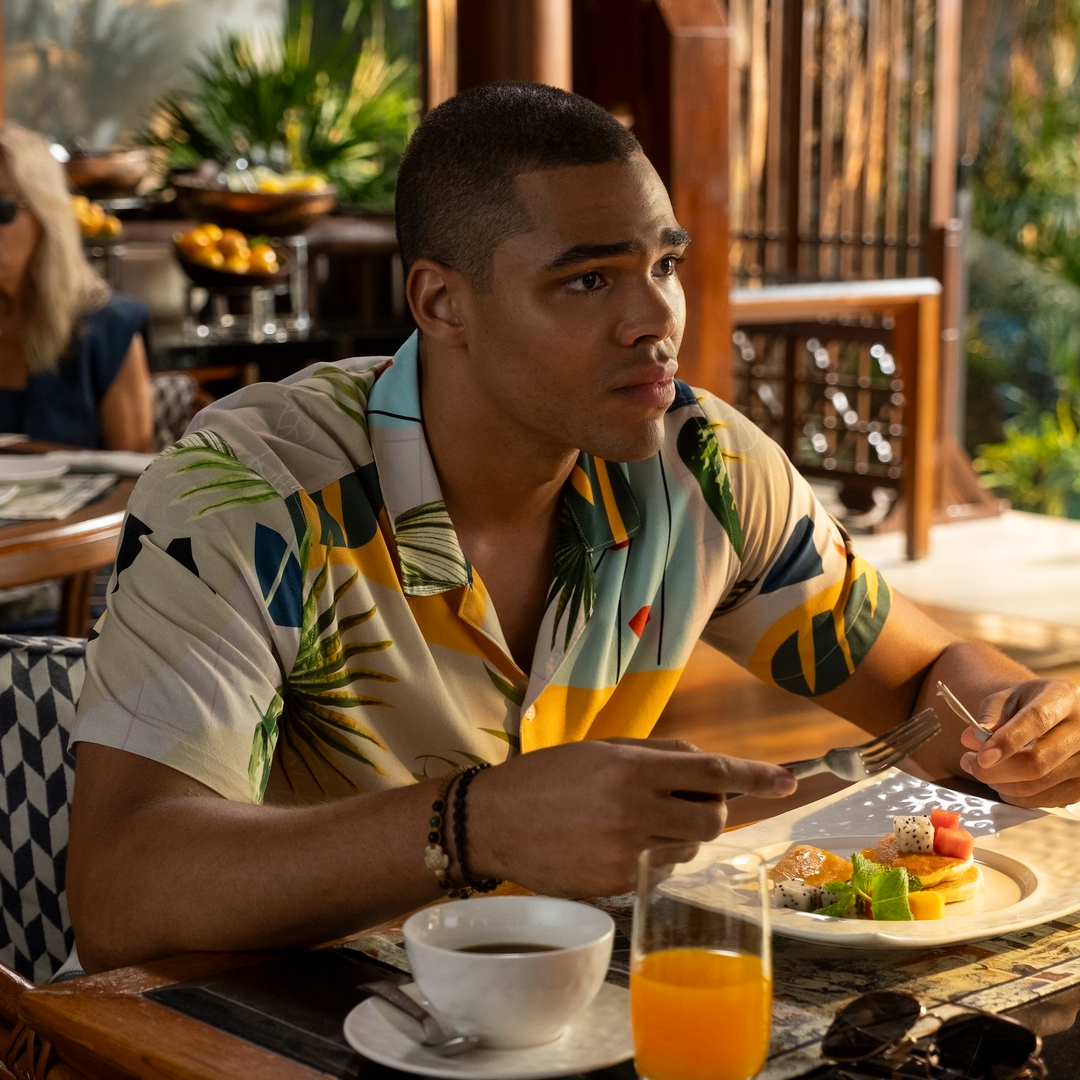 Meet Nicholas Duvernay, the Actor Who Plays Zion in 'The White Lotus' Season 3
Meet Nicholas Duvernay, the Actor Who Plays Zion in 'The White Lotus' Season 3We can't stop thinking about his scene-stealing performance in the finale.
By Quinci LeGardye
-
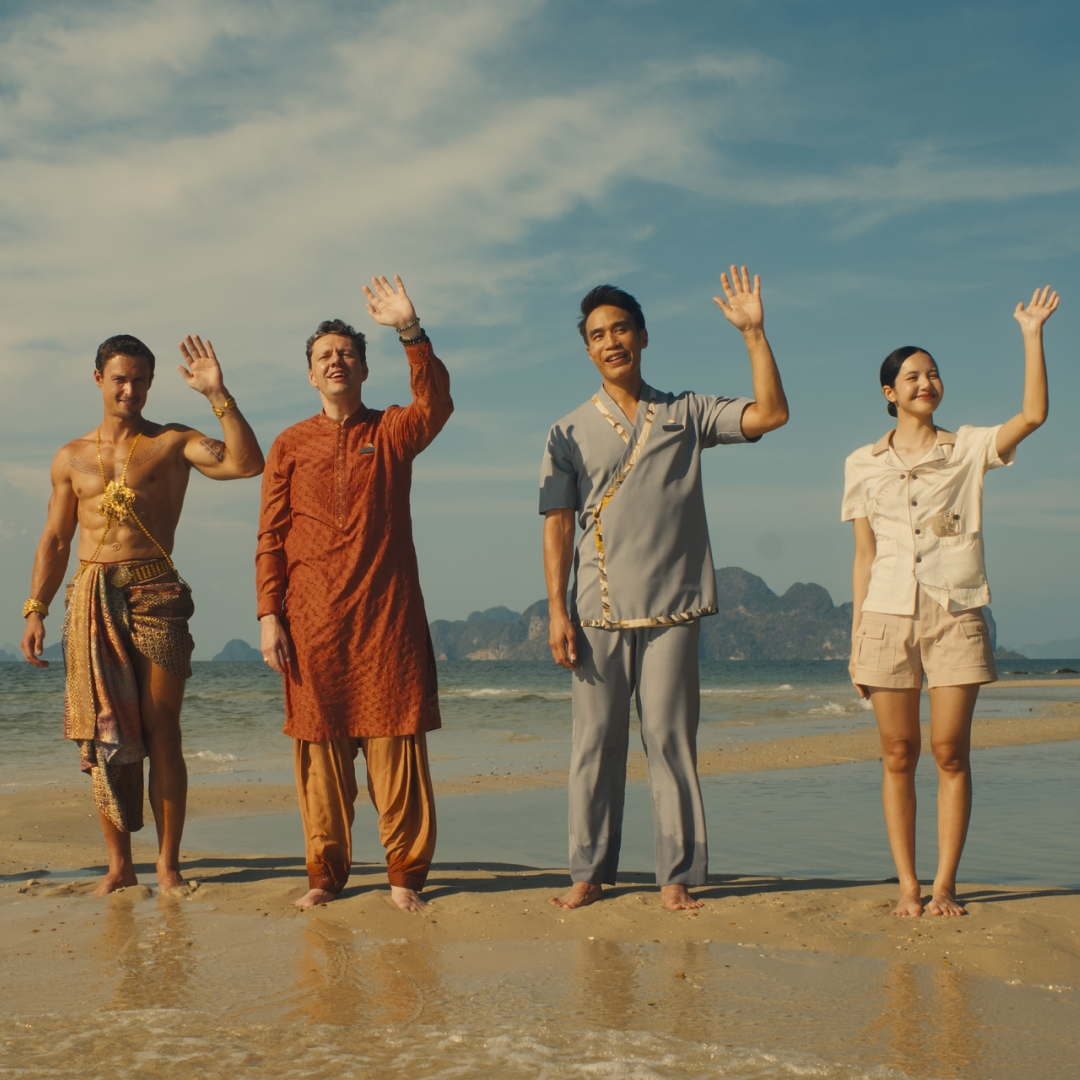 'The White Lotus' Season 4: Everything We Know
'The White Lotus' Season 4: Everything We KnowCreator Mike White has already started teasing where the next installment will be set—and who might be back.
By Quinci LeGardye
-
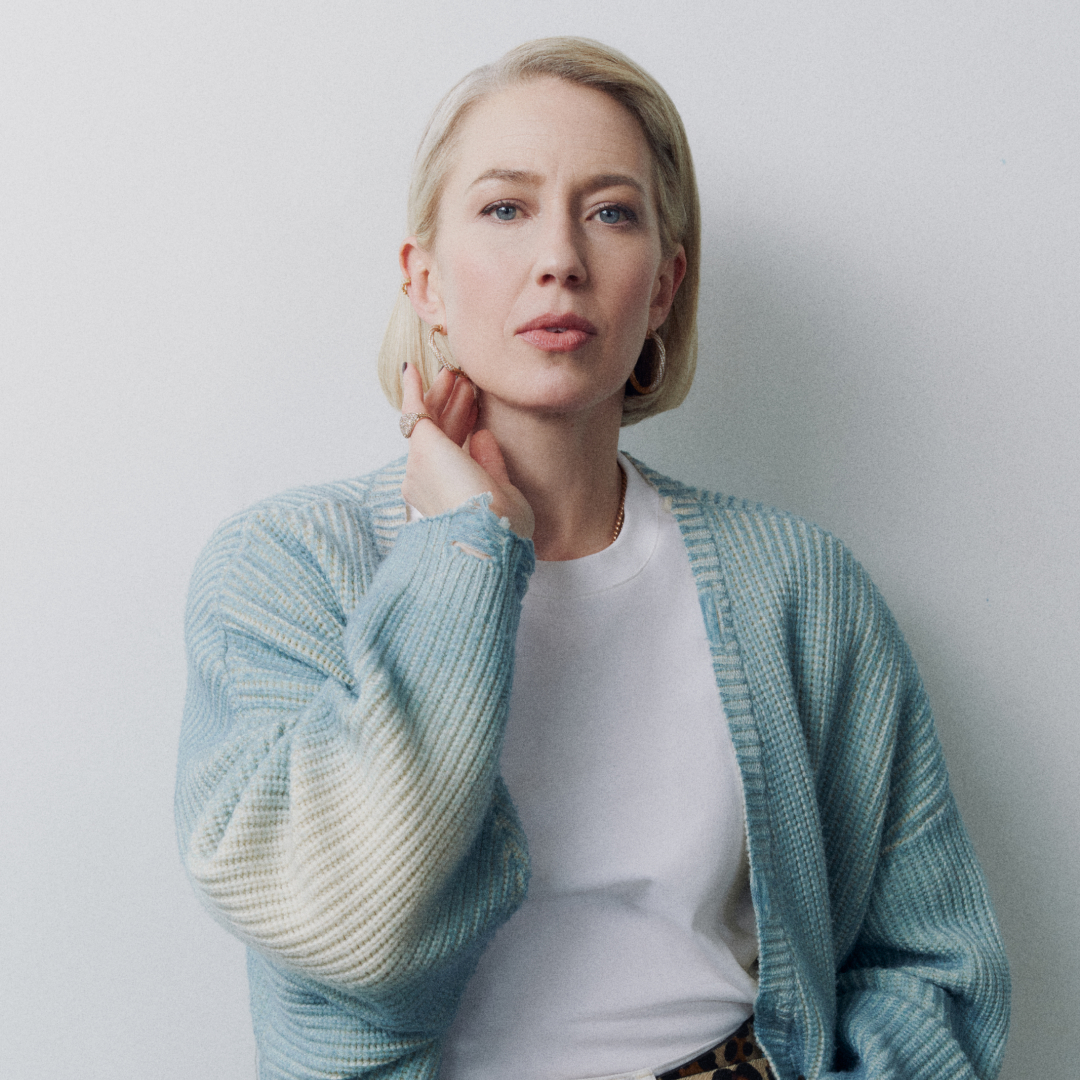 The Wild Ride of Carrie Coon
The Wild Ride of Carrie CoonLaurie's deep-set insecurities come to a head in episode 7 of 'The White Lotus,' allowing the actress to turn a "dark night of the soul" into an illuminating time.
By Jessica Goodman
-
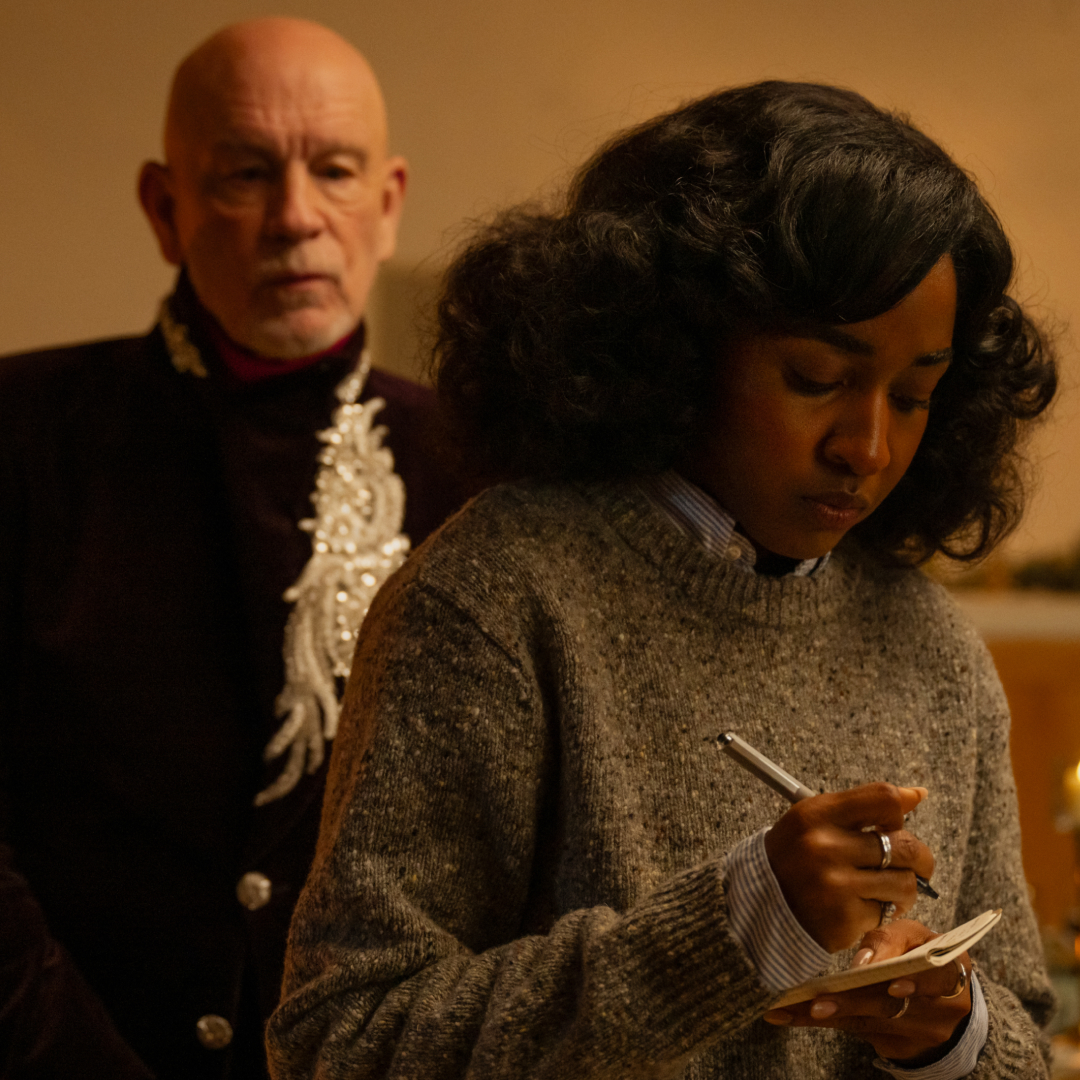 In 'Opus,' Cult Leaders and Pop Stars Are One in the Same
In 'Opus,' Cult Leaders and Pop Stars Are One in the SameThe A24 film's costume and production designers open up about crafting fictional pop icon Moretti’s style and mysterious estate.
By Sadie Bell
-
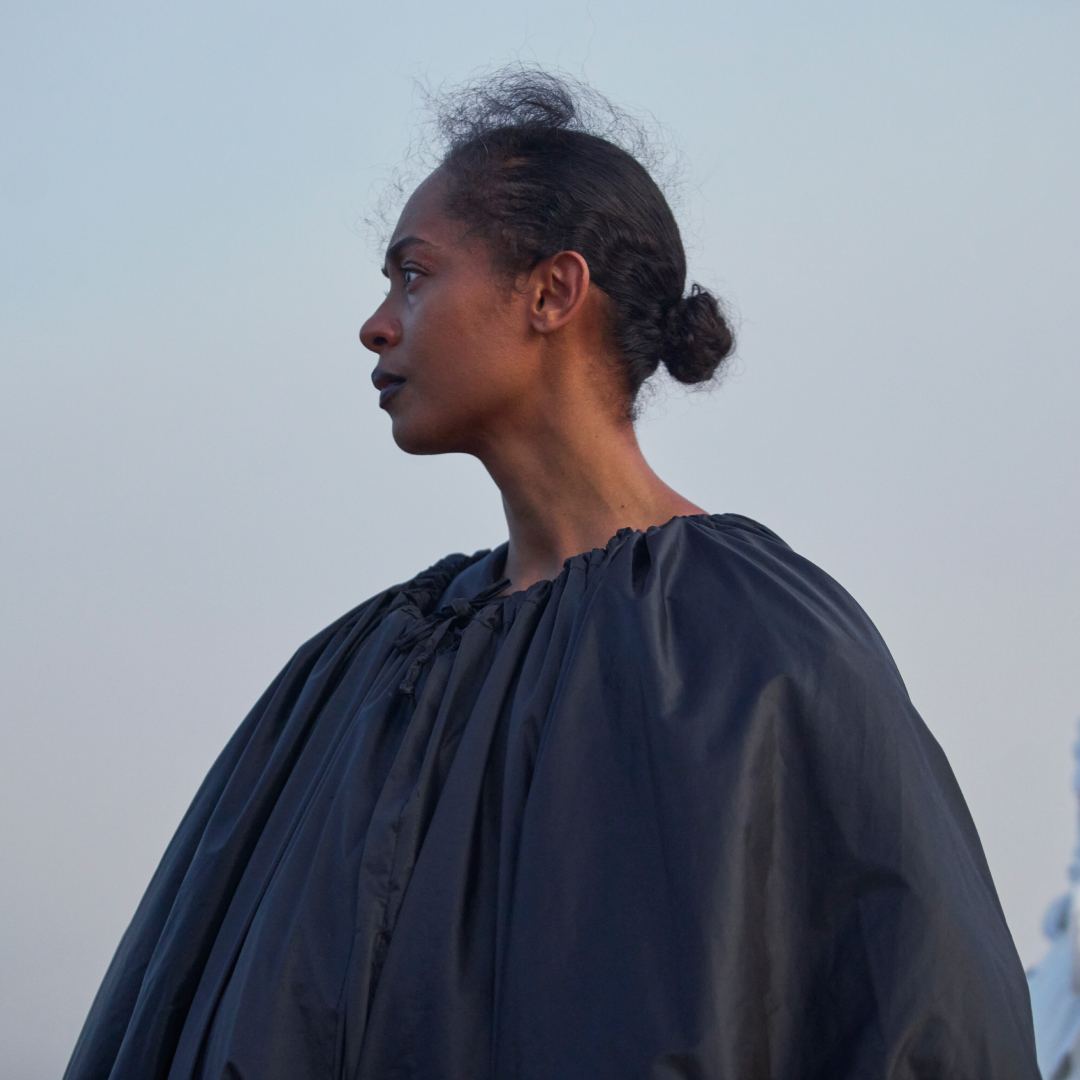 'On Becoming a Guinea Fowl' Is a Revolutionary Call to Speak Up Against Female Abuse
'On Becoming a Guinea Fowl' Is a Revolutionary Call to Speak Up Against Female AbuseAfter showing how a culture of silence around abuse can devastate entire generations, the arresting A24 film holds a mirror up to the audience and asks, \201cWhat happens if we scream?\201d
By Quinci LeGardye
-
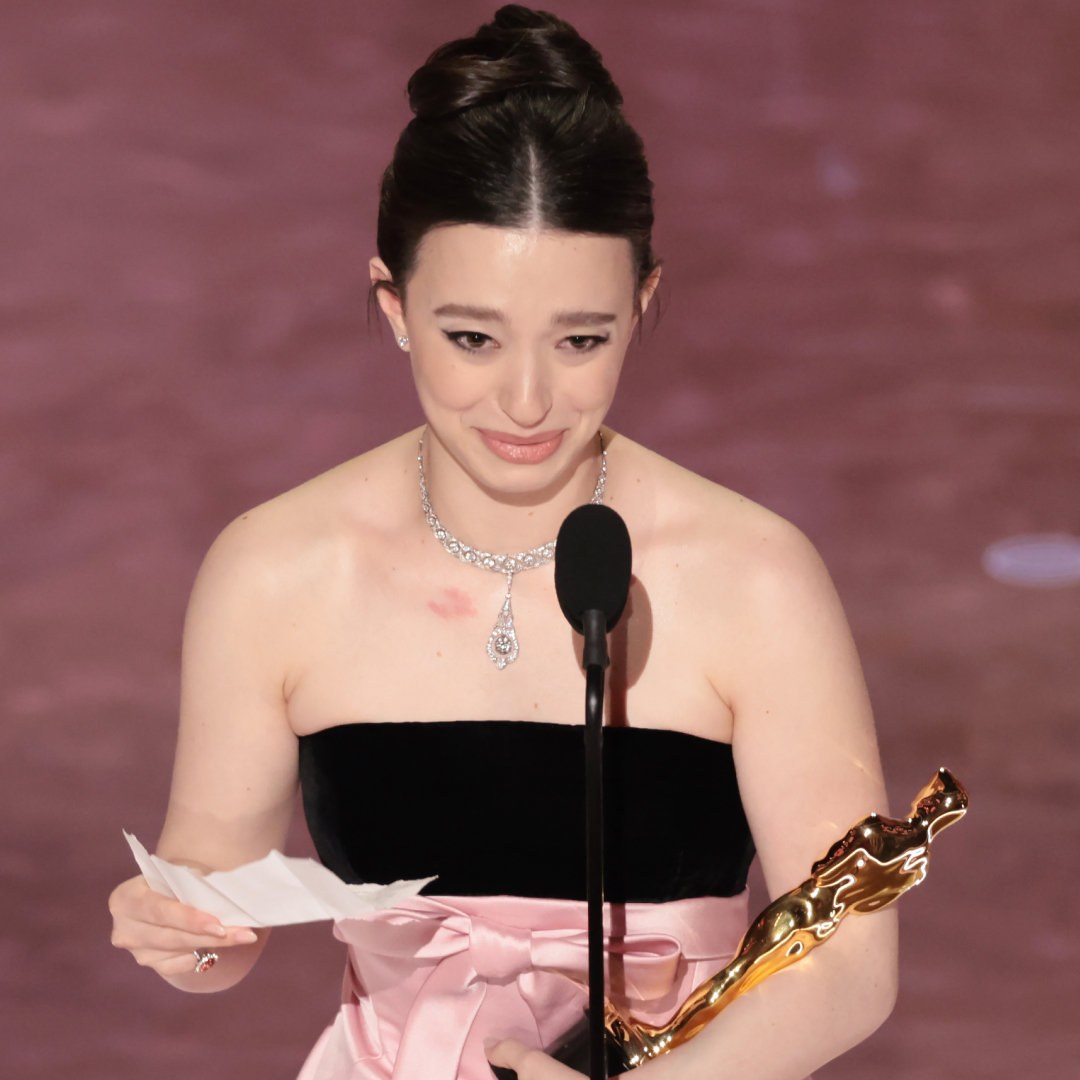 'Anora' Star Mikey Madison Takes Home the Best Actress Award at the 2025 Oscars in a Surprise Win
'Anora' Star Mikey Madison Takes Home the Best Actress Award at the 2025 Oscars in a Surprise Win"I will continue to support and be an ally."
By Quinci LeGardye
-
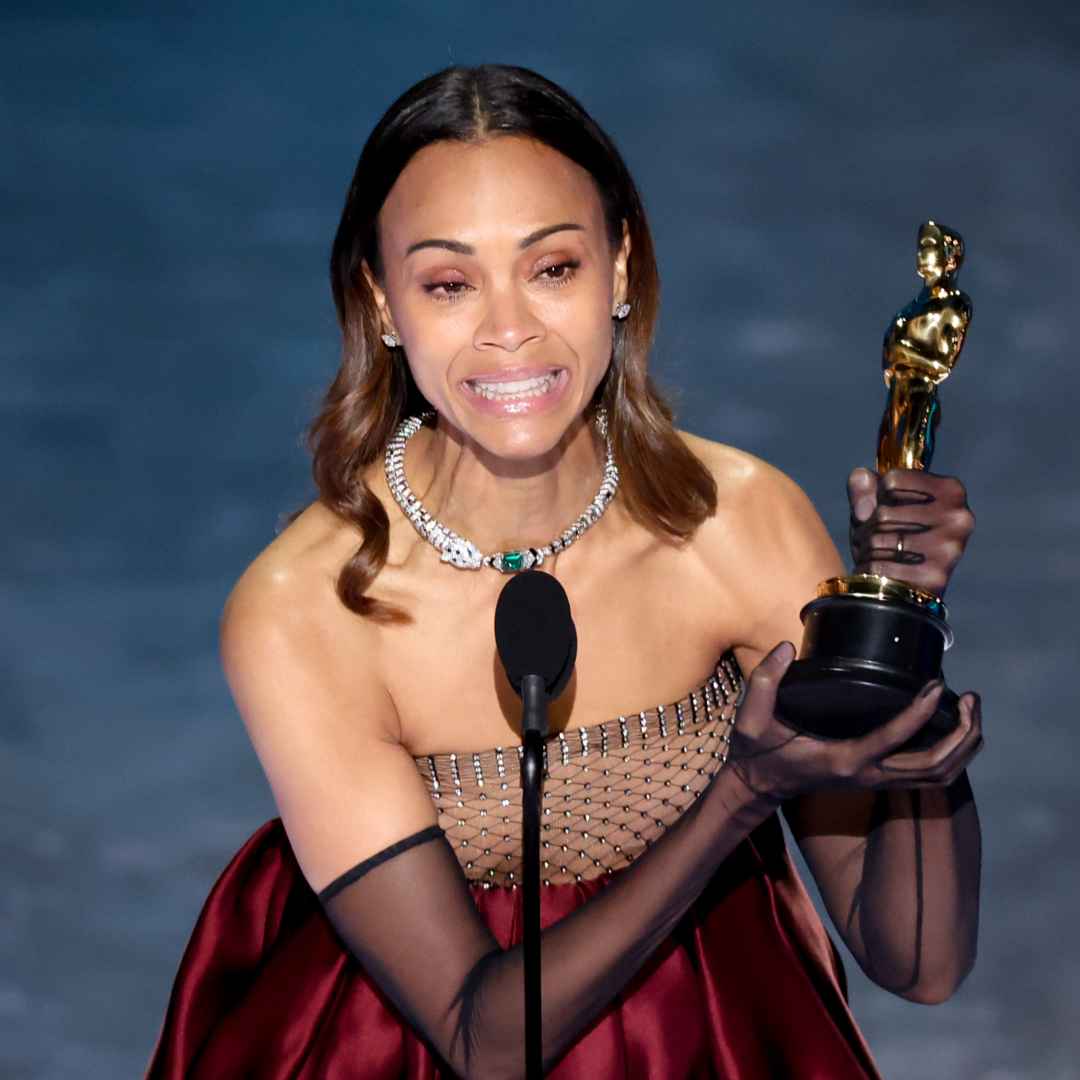 Zoe Saldaña Becomes the First American of Dominican Origin to Win an Oscar
Zoe Saldaña Becomes the First American of Dominican Origin to Win an Oscar"I am the first American of Dominican origin to accept an Academy Award and I know I will not be the last."
By Quinci LeGardye